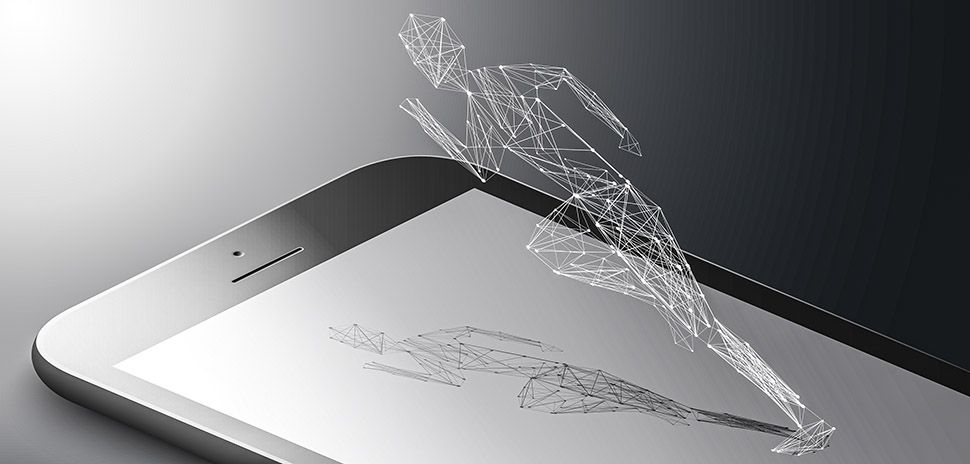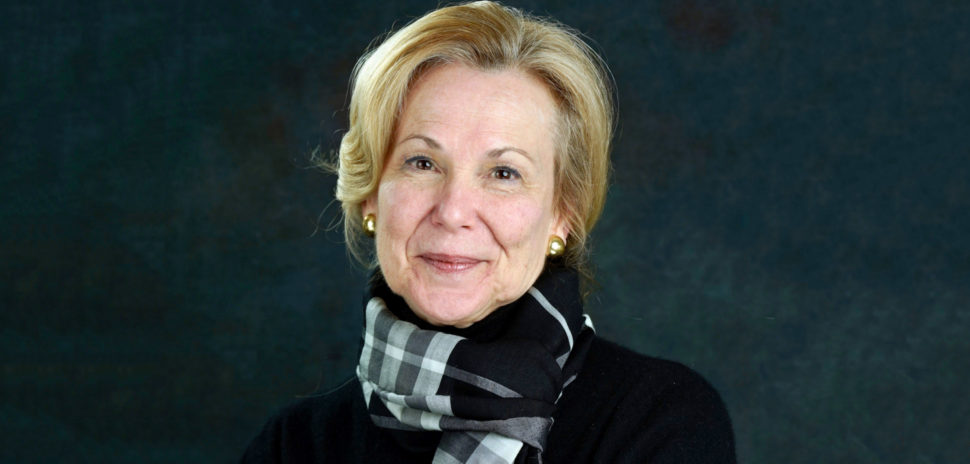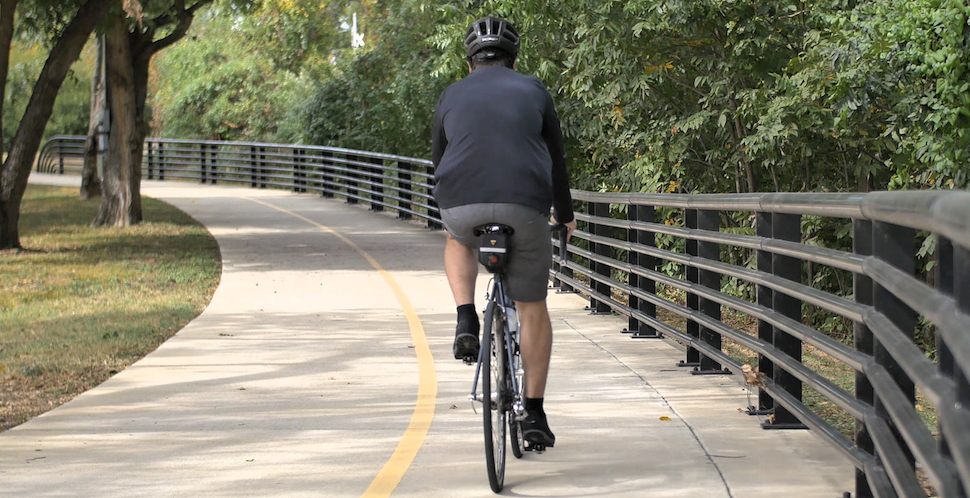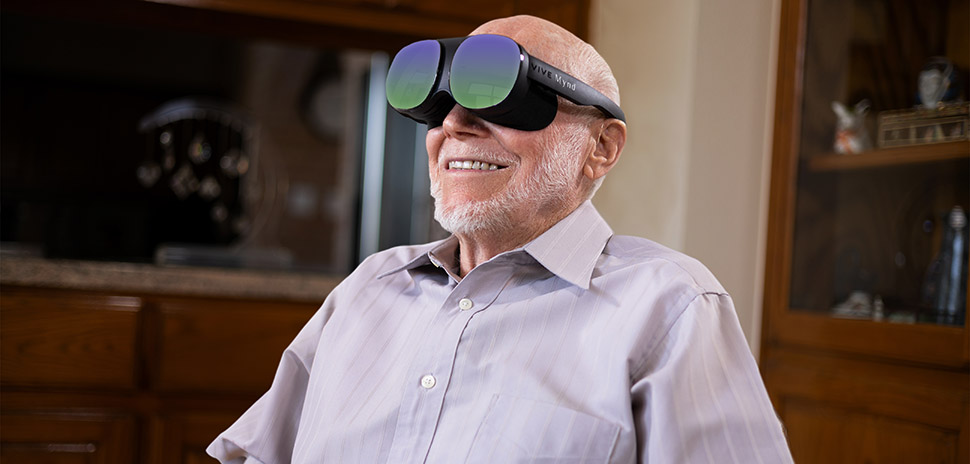An airborne bug like the new coronavirus could quickly spell the end of large group activities like marathons and triathlons, and the companies that plan them.
So, when COVID-19 hit and bans on activities occurred in March, Dallas-based ACTIVE Network saw a significant percent decline in fitness event registrations. The company provides software to manage mass participation events around the world, including marathons, as well as youth sports.
“Our industry was immediately effected, and we felt the impact right away,” said Evan Davies, ACTIVE President.
But ACTIVE had been experimenting with virtual fitness events two years prior to the pandemic, and they quickly scaled out that platform to their customers.
ACTIVE’s software enhancements allow clients to put on virtual races that feel like a physical race, but it’s not specific to any one location. For example, a runner in Seattle can join a virtual race organized by a group in Dallas with a charity benefiting from the race. The virtual run has a virtual expo and event bag that mimics the race day expos and booths, allowing vendors and sponsors to submit online coupons and swag gifts. The runner then logs in, experiences a count down, starts the run on a treadmill or outdoor track with a race tracking app, and then submits the run time online to the organizer to get race results.
ACTIVE Senior Product Managers Brittany Dusek and Kim Guilliotti, who lead youth camps and programs, and sport and endurance programs, respectively, said the switch has been seamless for the technology software company and a beneficial shift for their clients.
“Being a global company, we’ve had the luxury of seeing our teams in other countries respond, so we were ready to help organizers react to change,” Guilliotti said. “We have three-week development cycles, so it’s not hard to shift direction.”
It’s a direction ACTIVE will likely continue, she said.
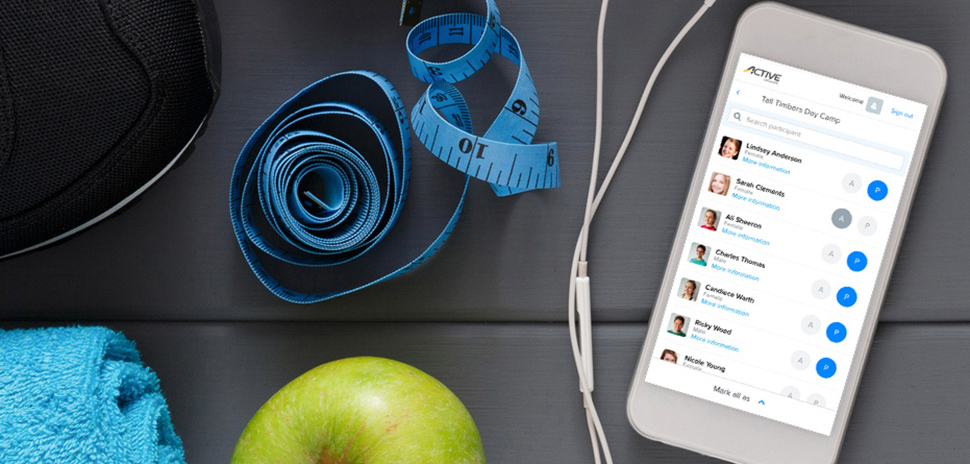
Photo: Active Network
“I think this is here to stay,” Guilliotti said. “It was a very foreign concept to event directors, but adding a virtual category to help people participate remotely if they couldn’t travel to a race has proven successful as another option. We’re still fostering a community and creating a sense of competition and camaraderie among runners, which is a big part of the experience.”
Dusek said the change to virtual fitness offerings has created an additional market for a client who may need more flexibility, and there is an overwhelming feeling that there’s room for both in-person and virtual platforms in the fitness market.
“It’s been inspiring to watch the community support local businesses, and we saw immediate support in the transition,” Dusek said. ACTIVE has posted a COVID-19 resource page here.
‘We Are Still Humans’
GRIT Fitness – which has three workout studios in the Dallas Region—has also shifted to virtual workouts, allowing their members to preserve their connections.
“Fitness provides a sense of belonging, and that’s important for fitness production, motivation, and accountability,” said GRIT Fitness Founder Brittani Rettig. “But at the end of the day, we are still humans; we yearn for connection, and it will still be really important to make people feel connected in many ways after the pandemic.”
Rettig joined many business owners that day in closing the doors to her three Dallas Region boutique fitness studios. The area mandate was to be reviewed just a few days later on March 20 but was expected to be extended.
Now, more than a month into offering virtual fitness classes with no sign of when the shelter-in-place mandate will lift, Rettig is serving clients 100 percent virtually. She believes the pandemic will have some impact on the future of studio time now that people are much more comfortable working out from home and the flexibility that comes with it.
“Fitness provides a sense of belonging, and that’s important for fitness production, motivation, and accountability,” Rettig said. “But at the end of the day, we are still humans; we yearn for connection, and it will still be really important to make people feel connected in many ways after the pandemic.”
![]()
Get on the list.
Dallas Innovates, every day.
Sign up to keep your eye on what’s new and next in Dallas-Fort Worth, every day.

